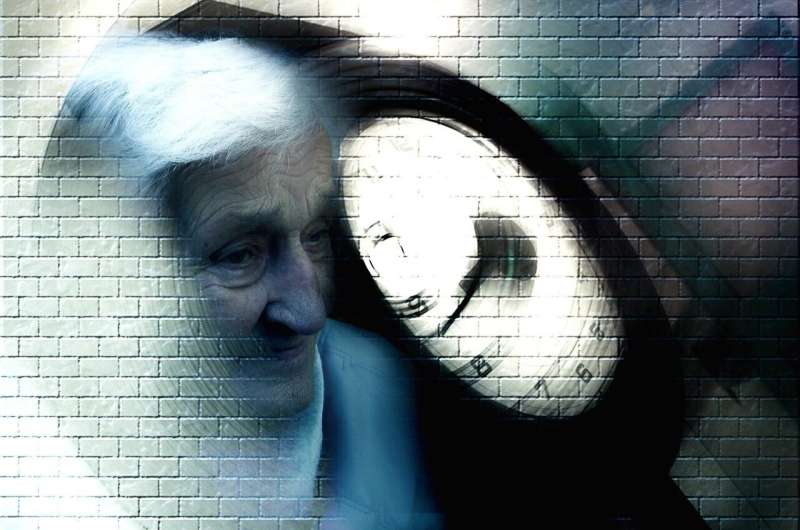Young Children as Young as Five Demonstrate Navigational Skills in 'Tiny Town' Virtual Environment

Recent research at Emory University reveals that children as young as five years old possess neural systems supporting map-based navigation, challenging previous assumptions that such skills develop around age 12. Using a virtual environment called Tiny Town, scientists combined brain imaging and behavioral experiments to observe that five-year-olds can effectively learn and navigate a simplified map of a virtual town, identifying landmarks and streets to reach specific destinations.
The study, published in the Proceedings of the National Academy of Sciences, shows that the brain regions responsible for spatial awareness and navigation are active early in childhood. This indicates that the foundational neural infrastructure for map-based navigation is established much earlier than previously thought, significantly shortening the timeline for developing these skills.
Lead author Yaelan Jung, a postdoctoral fellow at Emory, explains that while large-scale spatial abilities mature over childhood, the underlying neural systems are in place remarkably early. Daniel Dilks, senior author and psychology professor, emphasizes that children are naturally equipped with brain mechanisms that allow them to understand the layout of environments, even before they acquire complex walking skills.
The researchers designed a simplified virtual town, Tiny Town, with distinctive landmarks like mountains, lakes, and forests, where young children could easily learn to navigate. The process involved familiarizing children with the environment, training them to stay still in a scanner, and then testing their ability to use visual cues to find their way. The findings highlight that the retrosplenial cortex (RSC), a brain region involved in spatial mapping, is functional in five-year-olds, enabling them to form mental maps.
This groundbreaking discovery opens new avenues for understanding early spatial and neural development. It also holds potential for early intervention strategies in children with atypical spatial or cognitive development. The study underscores the importance of creativity and patience in conducting developmental neuroscience research with young children, and it sets the stage for exploring navigation abilities in even younger age groups.
As Dr. Jung notes, exploring how children develop these skills offers valuable insights into brain organization, knowledge formation, and potential clinical applications related to neural development and rehabilitation.
Stay Updated with Mia's Feed
Get the latest health & wellness insights delivered straight to your inbox.
Related Articles
Annual Alzheimer's Disease Trials Report Brings Renewed Hope
The latest Alzheimer's clinical trials report highlights increased research activity and promising drug candidates, fueling hope for effective therapies and a potential cure.
Uncovering Key Factors That Influence Active Aging in Communities
Discover how neighborhood quality and social bonds significantly impact physical activity among older adults, highlighting strategies to promote active aging across communities.
Pre-Existing Immune Dysregulation as a Predictor of Severe Infection Outcomes
New research reveals that immune dysregulation before infection can predict the severity of disease responses. This discovery paves the way for personalized approaches to improving immune health and preventing severe illnesses.
Link Between GLP-1 Receptor Agonists and Nonarteritic Anterior Ischemic Optic Neuropathy in Older Adults
A recent study links GLP-1 receptor agonists, common diabetes medications, with an increased risk of nonarteritic anterior ischemic optic neuropathy (NAION) in older adults, highlighting the need for vigilant eye health monitoring.



